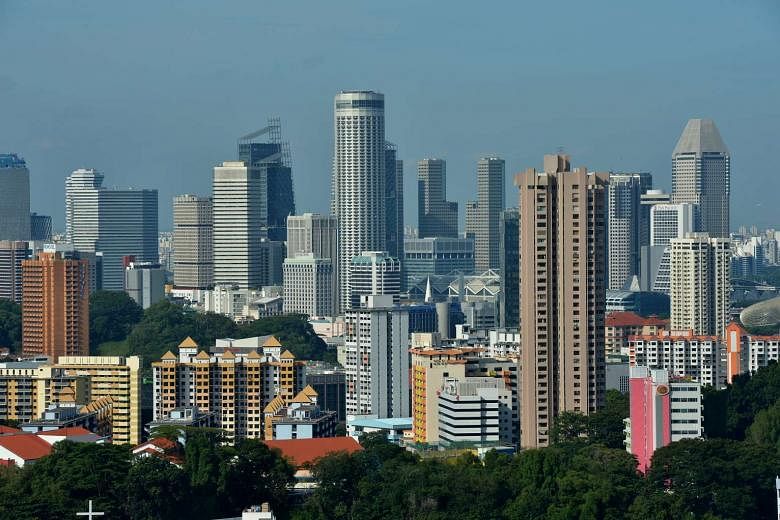SINGAPORE - Inflation expectations in Singapore have edged up from their lowest level since September 2011, said the Singapore Management University (SMU) on Monday (jan 16).
Weakness in global growth, exacerbated by the political and policy uncertainty particularly surrounding global trade in the US and Eurozone, might have prompted Singaporean households surveyed in December to believe that prices one year ahead might be inching up, SMU said.
This was according to the latest quarterly Singapore Index of Inflation Expectations (SInDEx) survey conducted by SMU's Sim Kee Boon Institute for Financial Economics (SKBI).
The results of the December survey showed that the median one-year-ahead headline inflation (or CPI-All Item inflation) inched up to 2.7 per cent compared to its five-year low of 2.63 per cent recorded in September 2016.
The December online poll of around 500 consumers also found that the public now expects core inflation, which excludes accommodation and private transport costs, to jump significantly to 2.82 per cent from 2.47 per cent in September, which was the lowest ever recorded average since the survey's inception in September 2011.
More significantly, for a subgroup of the population who own their accommodation and use public transport, the one-year-ahead median expectation for the core inflation rate rose to 2.65 per cent from its record low of 2.3 per cent in September.
"These results indicate that there has been a substantial increase in the perception of future price changes in the Singapore core inflation rate which excludes housing and private road transportation," said SMU. "This might be attributed to both domestic and global price pressures and expected increase in oil and commodity prices."
Singapore's record two-year spell of negative inflation ended in November when consumer prices stopped falling. Lower oil prices, and falling car prices and accommodation costs - partly due to the soft property market - have been the main drivers behind this two-year bout of negative inflation. The inflation rate for December will be released on Jan 23.
Commenting on the SMU survey results, Aurobindo Ghosh, Assistant Professor of Finance and principal investigator of the SInDEx Project, said: "I think there are two main challenges that are facing the global economy despite unmistakable signs of recovery.
"First, it is policy uncertainty rather than political uncertainty. Even though the markets have recovered somewhat from the fallout of the Brexit referendum and nearly euphoric rise in consumer confidence levels, despite the largely unexpected US presidential election outcome and riding largely on corporate tax cut promises, the market exuberance belie the trepidations of the uncertain and largely untested future.
"Second, geopolitically we can see the Brexit vote and the results of the US presidential election as indicators of a protectionist, populist and possibly anti-trade fervour.
"Against this backdrop, it is to be expected that for the consumers of a trade dependent economy like Singapore would prepare for possible increase in overall price levels."


